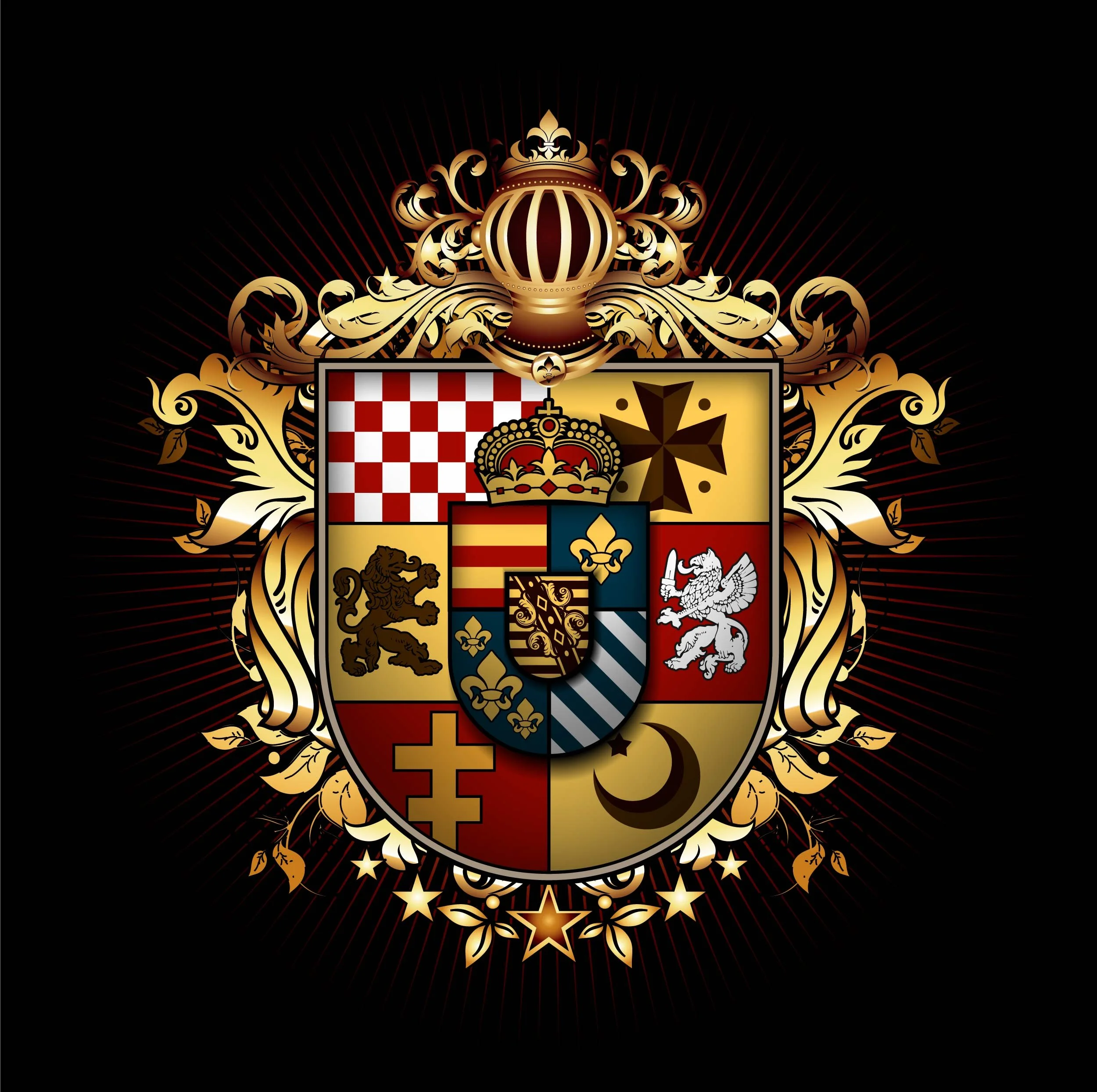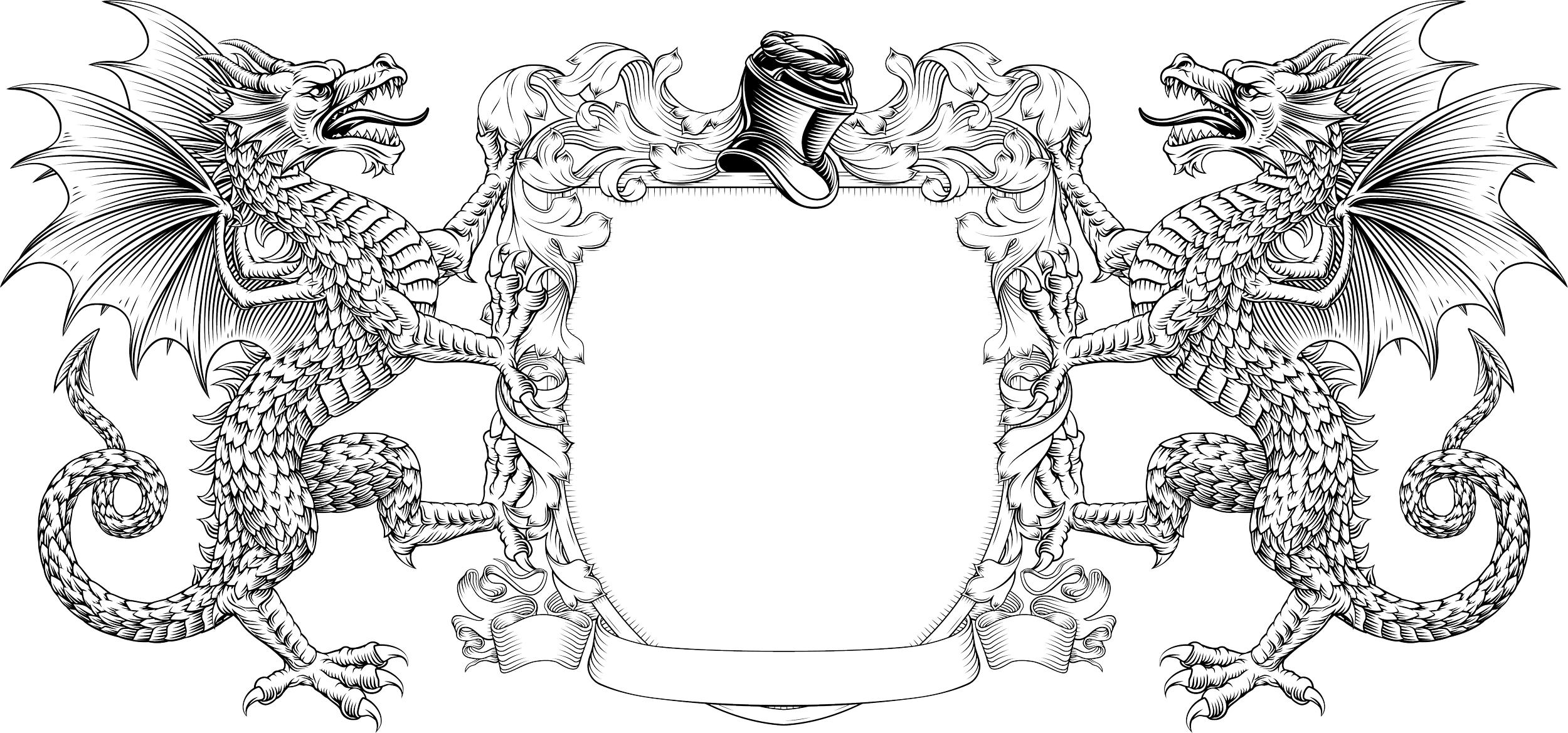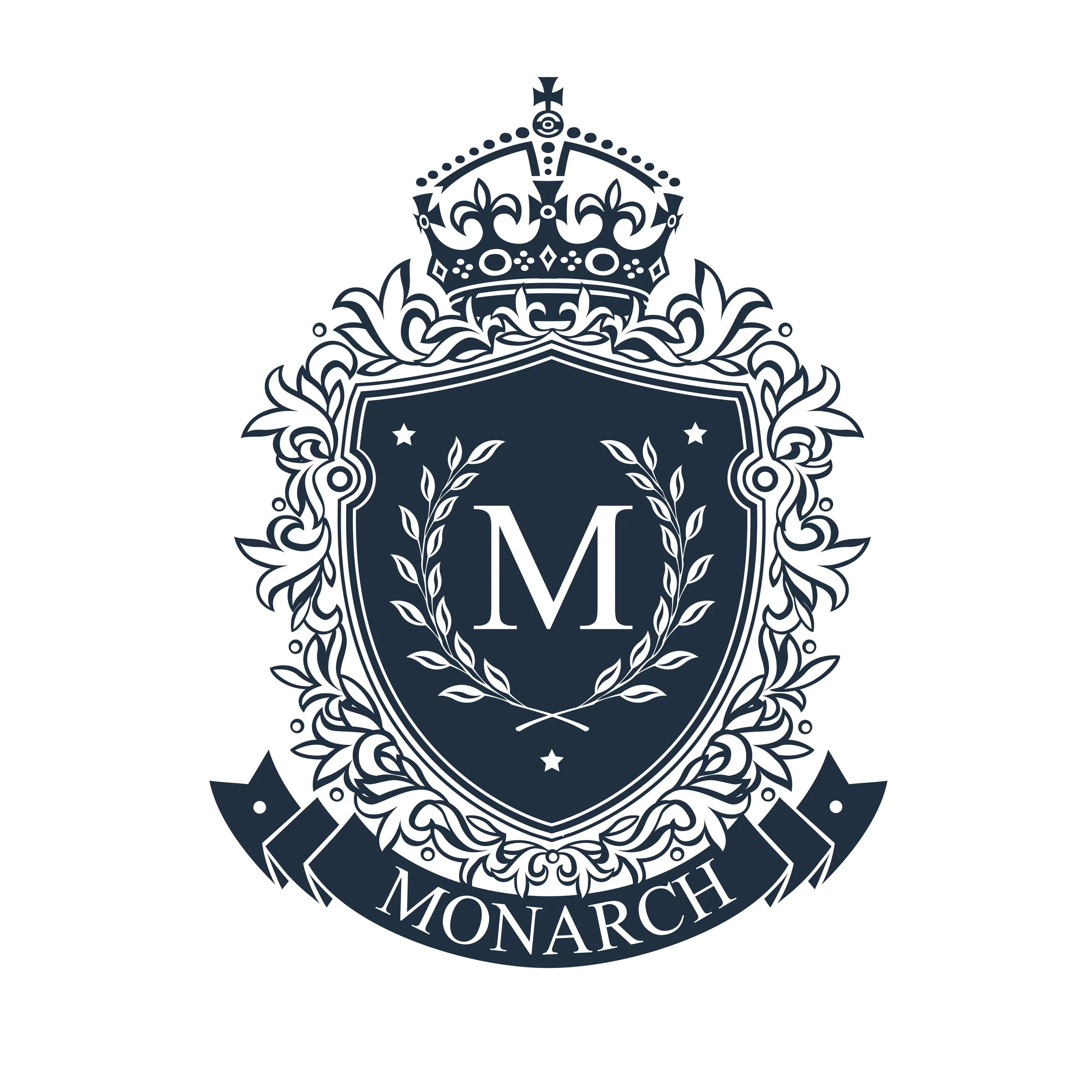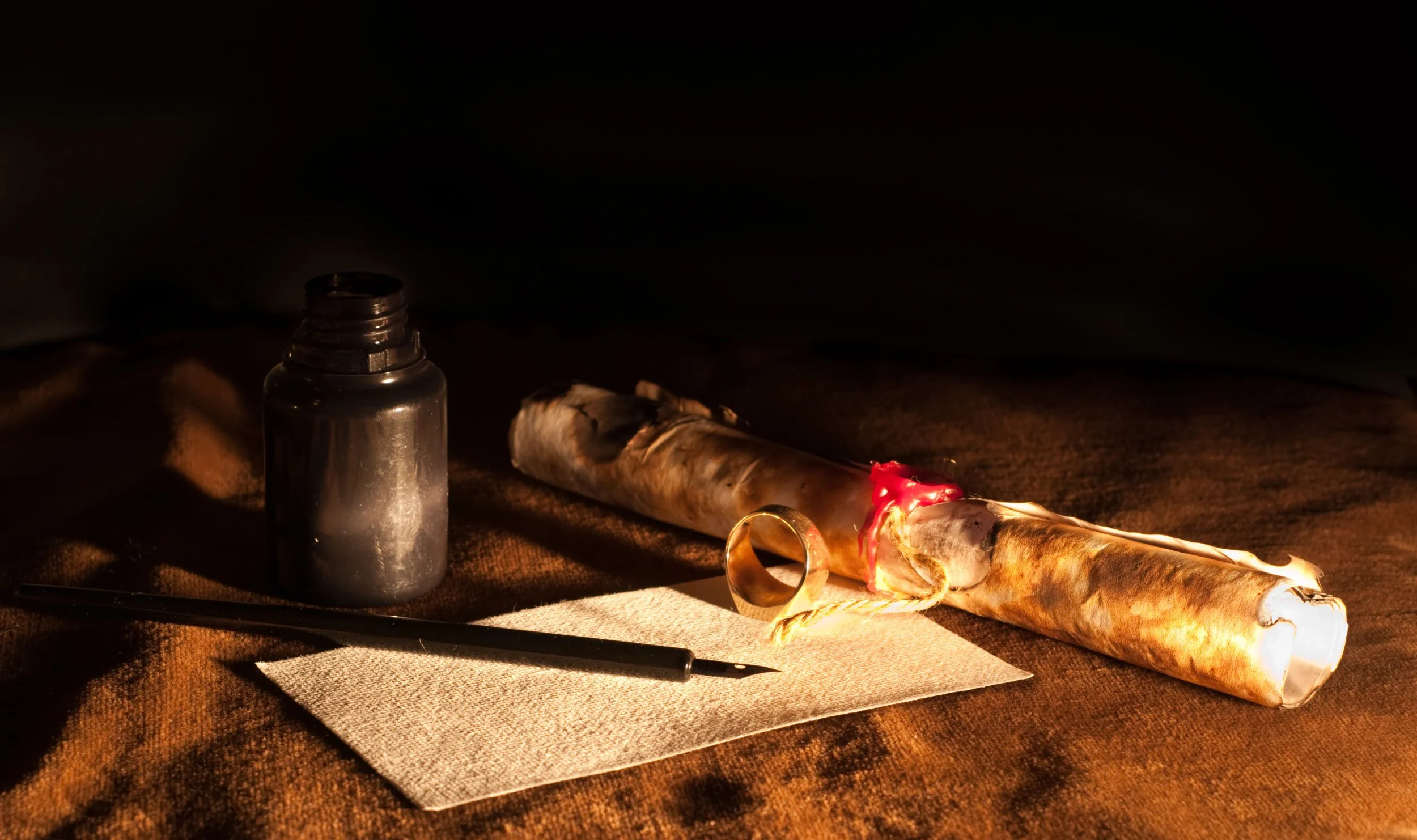Heraldry & Signet
Crests and monograms realised as part of the cabinet itself—metal, glass, or medallion—resolved for proportion, legibility and quiet permanence.
Scope: Centient does not design or grant arms. We honour your approved artwork and translate it faithfully into the cabinet.
Approaches
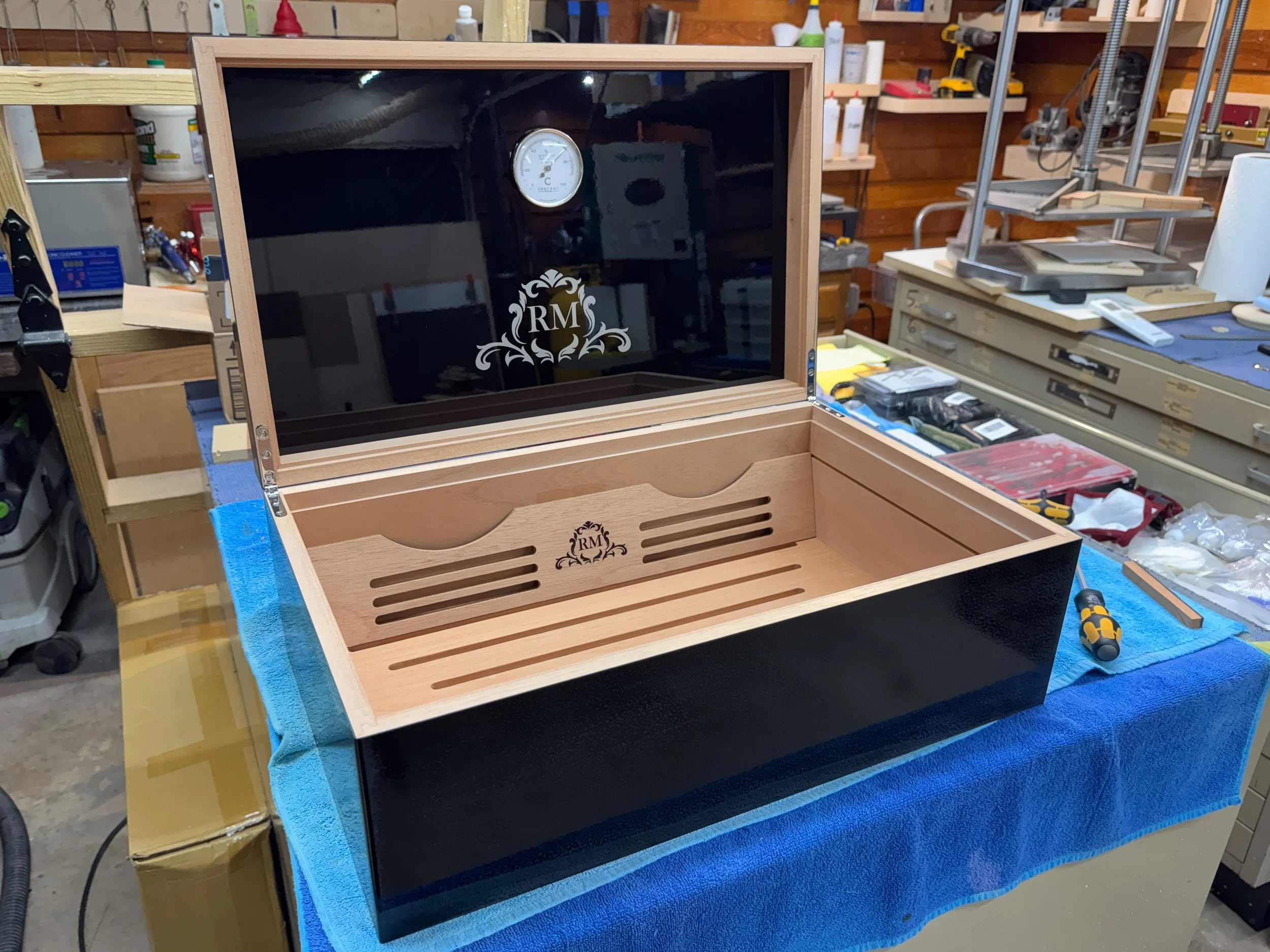
Metal Monogram
Letterforms cut in brass or silver, or filled with cold‑metal composite, then levelled and locked under lacquer. Edges are knifed, witness‑free, and aligned to the cabinet’s geometry—so the mark reads as integral, not applied.
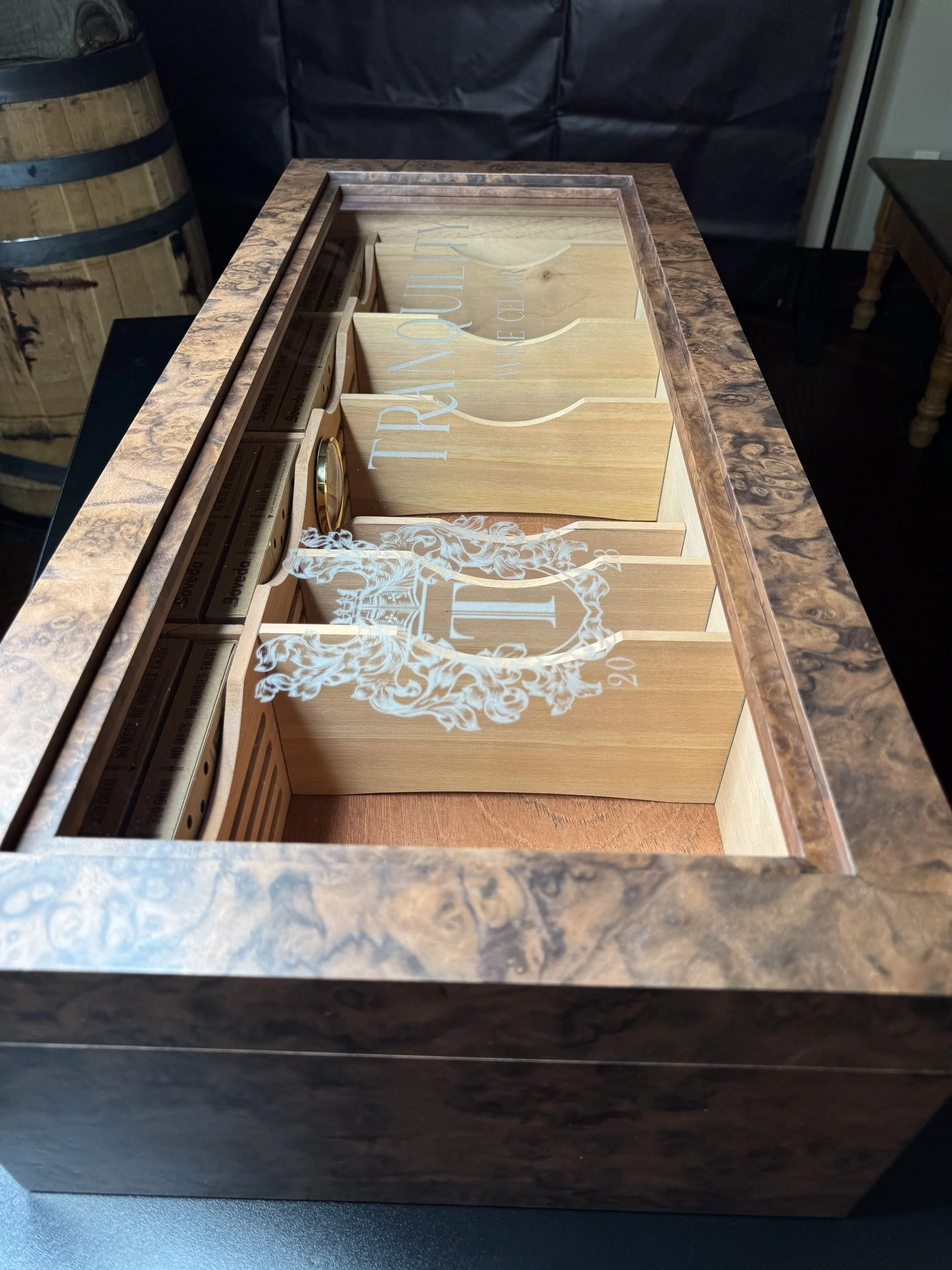
Family Crests
Museum‑glass sandblasting with engraved detail yields a soft field and razor‑clean highlights. The crest remains legible at a glance, catching light without glare—equally at home on a tray, lid aperture, or interior panel.
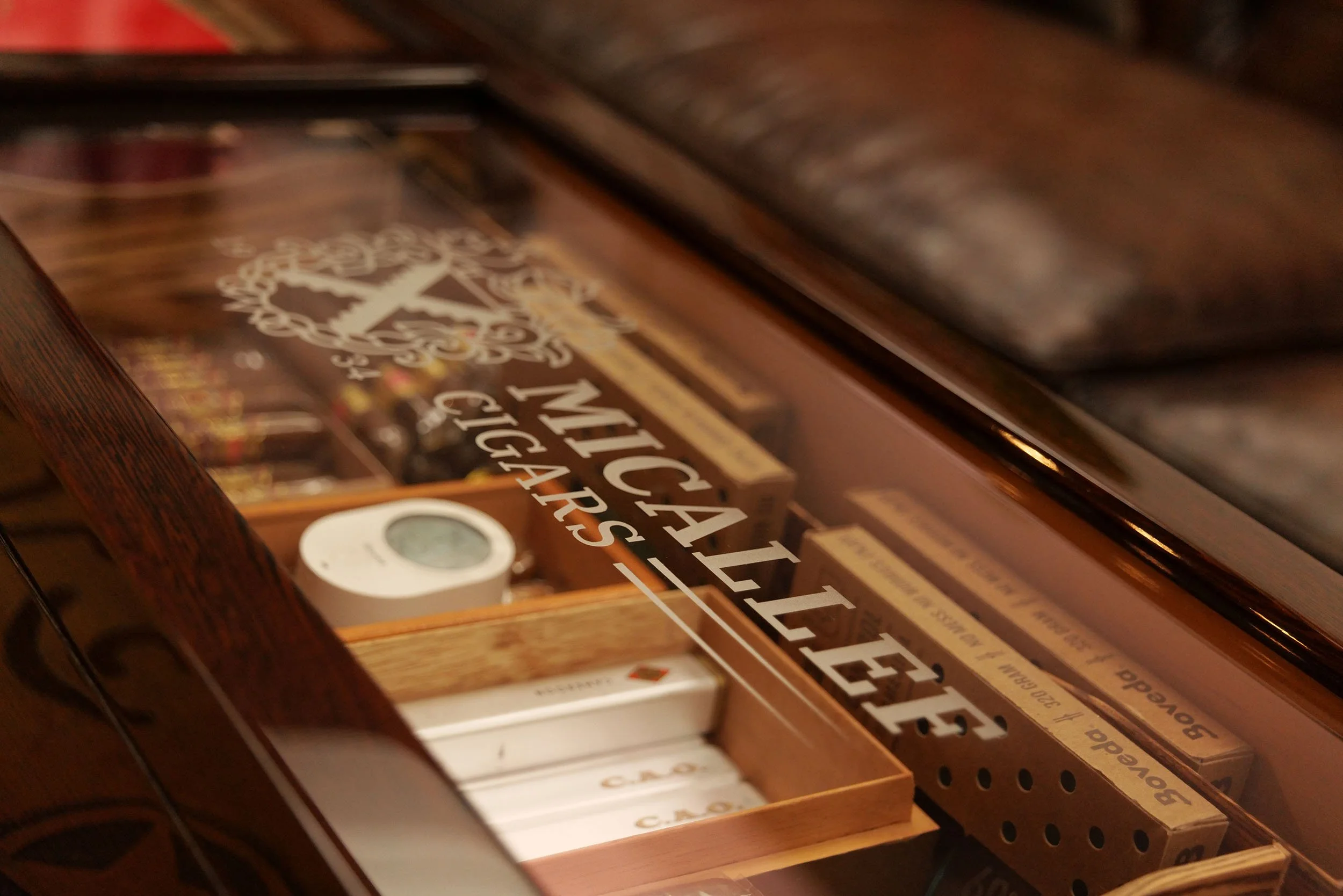
Coat of Arms
The full achievement—shield, helm and crest—edited only where necessary for scale. Line‑weight, hierarchy and material are tuned so the arms read crisply whether engraved in glass, inlaid in metal, or signed as a medallion.
Examples to Inspire
A small survey—from engraved glass to cold‑metal fills and classic inlay—showing how heraldic language sits comfortably within the Centient architecture.
Learn
Do I need a crest to proceed?
If you have artwork: We work from your approved crest—SVG/AI preferred—or redraw from high‑resolution imagery before proofing materials.
If you don’t: A cipher or monogram, a motto or date, or a motif (laurel, star, instrument) carries the same quiet authority without entering heraldic registration.
Crest vs. coat of arms (quick primer)
- Coat of arms: The full achievement—shield, helm, crest, mantling, motto; supporters where applicable.
- Crest: The device above the helm; often used as shorthand for the whole, but technically distinct.
- Monogram / device: A personal mark; ideal for medallion, lacquer, or inlay.
Etiquette & jurisdiction
Rights in heraldry differ by country. Where arms are granted or registered, ensure you hold the right to use them. We advise on interpretation, not entitlement.
Artwork preparation (for flawless translation)
- Submit artwork: SVG/AI ideal; PNG ≥1200 px acceptable for redrawing.
- Line discipline: Target 0.6–0.8 mm minimum for inlay/marquetry; medallion engraving can run finer.
- Fields & metals: Specify what is wood tone, metal, or enamel. For glass, confirm frosting vs. polished relief.
- Scale & placement: Typical medallion Ø 28–42 mm; lid panels sized to proportion and sightline.
| Tincture | Wood / Inlay | Metal / Enamel |
|---|---|---|
| Or (gold) | Olive, satinwood, dyed maple | Brass or gold; warm enamel |
| Argent (silver) | Sycamore, holly | Silver/nickel; light enamel |
| Gules (red) | Padauk, dyed veneer | Red enamel |
| Azure (blue) | Dyed blue veneer | Blue enamel |
| Vert (green) | Dyed green veneer | Green enamel |
| Sable (black) | Ebony, ebonized ash | Black enamel / oxidized metal |
Exact species and finishes are agreed at proof; samples available on request.
Process (how a crest enters the cabinet)
- Private consultation. Proportion, placement, and reading distance.
- Vector cleanup. Redraw if required; confirm line weights and fields.
- Material proof. Veneer, metal, enamel, or glass treatments; finish continuity.
- Prototype. Scale proof or medallion sample for sign‑off.
- Integration. Inlay set, engraving executed, or medallion installed; surfaces finished as one.
- Delivery & care. Final inspection; simple care notes for a lifetime of service.
Questions
Can you match my crest exactly?
Where does a crest work best?
Will wood movement affect it?
Bring your crest—or motif—to life
Send artwork (SVG/AI/PNG) and we’ll return a proportioned proof with materials.

